Chorões Brasileiros, opus 120 (2007) for alto saxophone and piano
 Instant Download
Instant Download
Details
Description
SKU: A0.869214
Composed by Thomas Oboe Lee. 20th Century,Classical,Contemporary,Latin,Romantic Period. Score and parts. With Jacob do Bandolim – choro samba III. 35 pages. Thomas Oboe Lee #3915. Published by Thomas Oboe Lee (A0.869214).Program note:
Having lived in Brazil during my teenage years from 1959 to 1966, sambas, choros and bossa novas float inside my head constantly. I can’t get rid of them. As the saying goes: if you can’t beat them, join them. Consequently I have written a number of chamber and orchestral works that are completely influenced by this miraculous, magnificent and inspirational music from Brazil.
1. Choros, opus 61 for solo violin
2. Chorinhos, opus 38 for chamber ensemble
3. Forró for chamber orchestra
4. Flauta Carioca – a flute concerto
5. Canções e sambinhas for cello and piano
6. Prelúdios … Comidas Típicas Brasileiras for solo marimba
In my search for titles, I came across the fact that "chorões" refer to the musicians who play or composers who write choros. With that idea in mind, I wrote a work in four movements each of which is inspired and dedicated to a well-known Brazilian choro composer. Hence, the title – Chorões Brasileiros.
I. Pixinguinha – Carinhoso
II. Jacob do Bandolim – choro samba
III. Severino "Ratinho" Rangel – Por Que Choras?
IV. Zequinha de Abreu - choro samba
The first movement begins with a slow, dark introduction before a "love song" emerges .... Carinhoso is one of Pxinguinha’s most famous and lyrical work. The second movement is a lively choro samba. Jacob do Bandolim was a virtuoso mandolin player and prolific composer. One of his best-known works is Noites Cariocas. The third movement is an adagio inspired by Ratinho’s famous work, "Saxophone, por que choras?" – which translates to "Saxophone, why are you crying? The last movement is once again a choro-samba. The source? Everyone knows Zeqinha de Abreu’s "Tico Tico No Fubá" – but mine is quite different.
Enjoy! And if you feel the urge dance with the music, go ahead!!!
This product was created by a member of ArrangeMe, Hal Leonard’s global self-publishing community of independent composers, arrangers, and songwriters. ArrangeMe allows for the publication of unique arrangements of both popular titles and original compositions from a wide variety of voices and backgrounds.
Digital Downloads are downloadable sheet music files that can be viewed directly on your computer, tablet or mobile device. Once you download your digital sheet music, you can view and print it at home, school, or anywhere you want to make music, and you don’t have to be connected to the internet. Just purchase, download and play!
PLEASE NOTE: Your Digital Download will have a watermark at the bottom of each page that will include your name, purchase date and number of copies purchased. You are only authorized to print the number of copies that you have purchased. You may not digitally distribute or print more copies than purchased for use (i.e., you may not print or digitally distribute individual copies to friends or students).
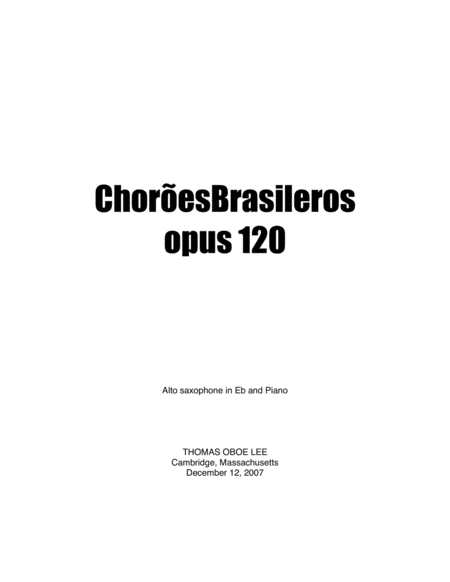
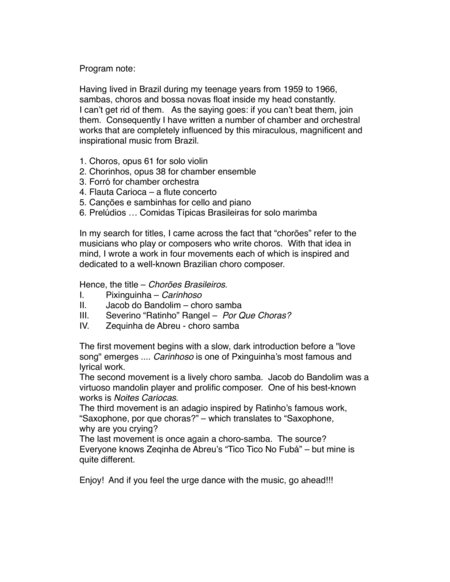
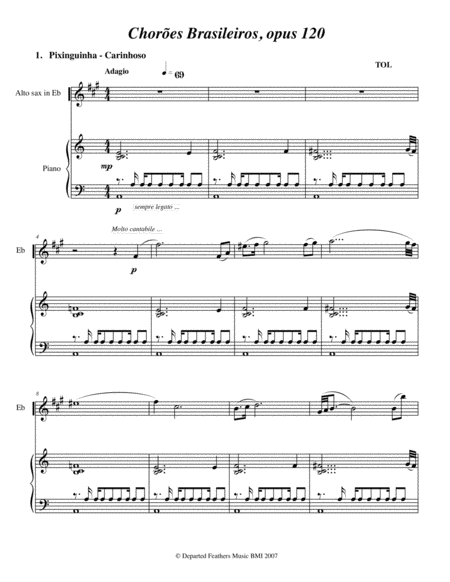
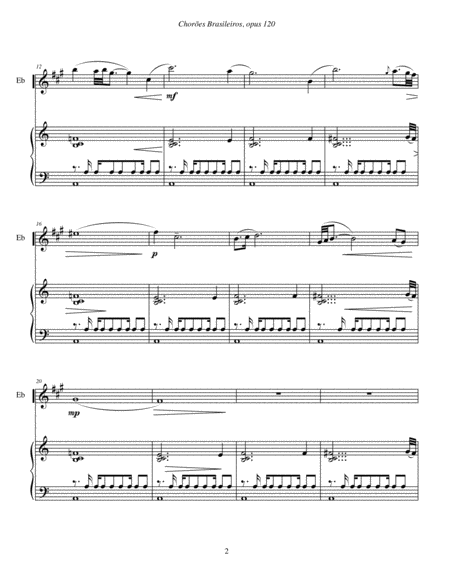
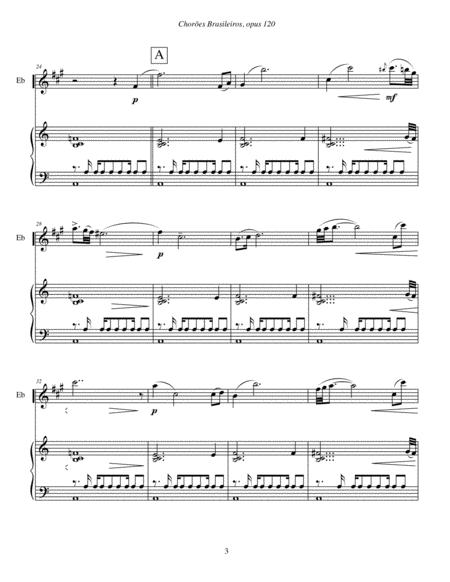
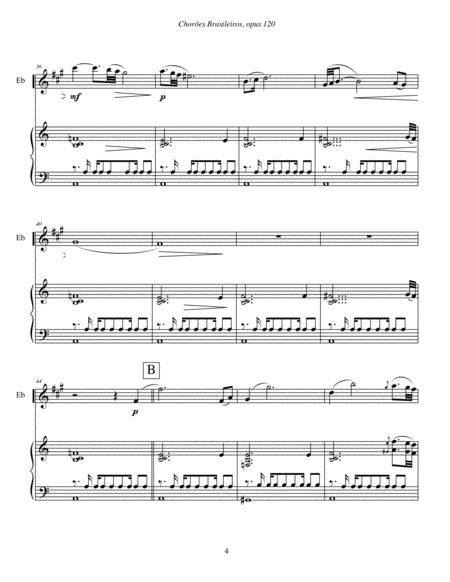
 Share
Share